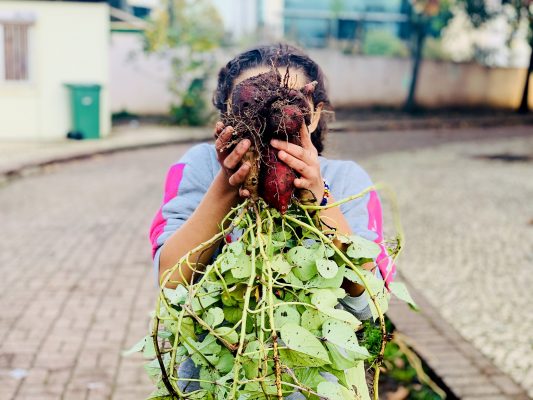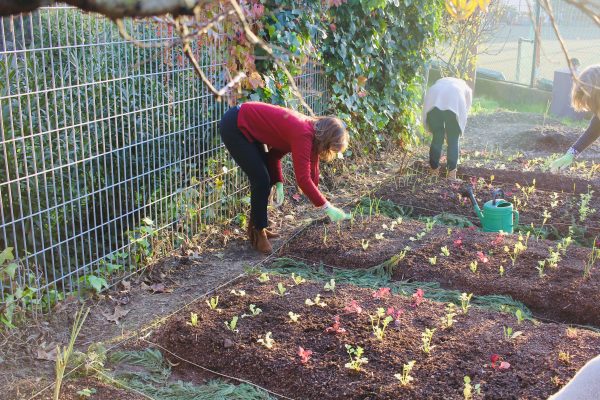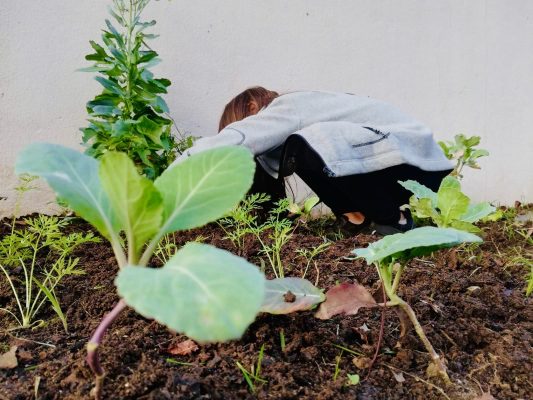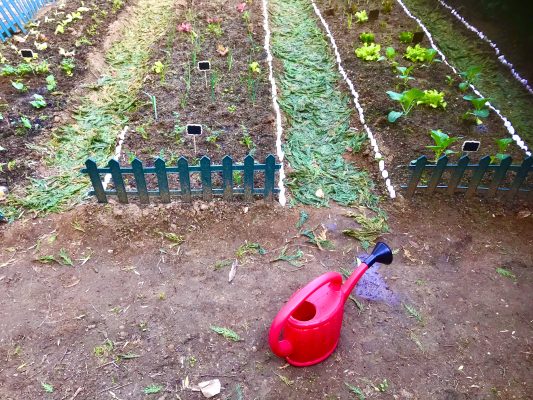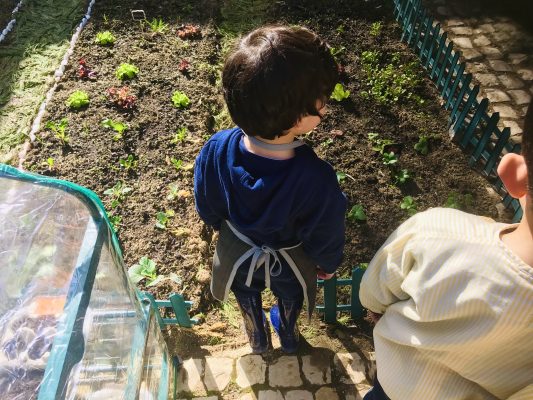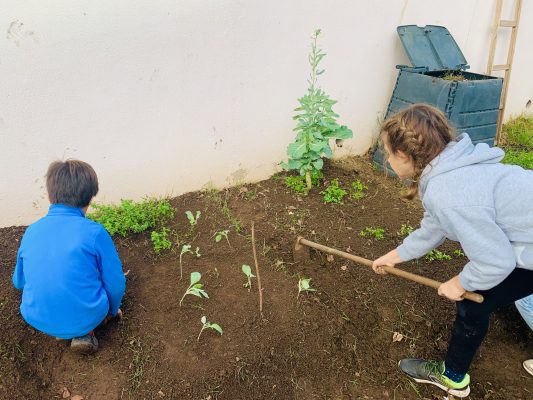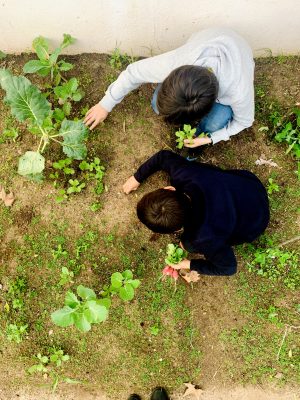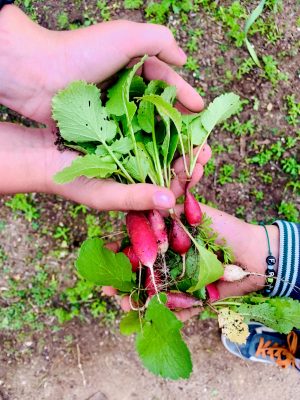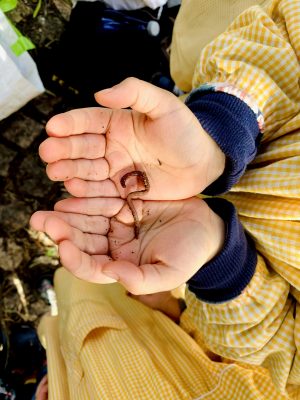Cultivating Futures – Pedagogical Vegetable Gardens
Next courses
- The Erasmus platform is being updated so we can not update the information there! https://www.schooleducationgateway.eu/en/pub/teacher_academy/catalogue/detail.cfm?id=160114
- Send and email to info@cultivatingfutures.eu with the dates you prefer and we will join in a group or confirm the new dates you prefer!
- Contact us and we’ll design a course adapted for your group!
Target Participants: Teachers and other adults from educational organisations involved in formal, non-formal and informal learning.
Rationale
Here at Cultivating Futures, we believe the future depends on what we cultivate today! Let’s create an organic vegetable garden everywhere and cultivate a more sustainable future? Today is the day! The future is in our hands, we just have to cultivate the right seeds. Will you join us spreading seeds of change?
As Eckhart Tolle reminds us “We depend on nature not only for our physical survival. We also need nature to show us the way home. We got lost in doing, thinking, remembering, anticipating. We have forgotten what rocks, plants, and animals still know. We have forgotten how to be where life is: Here and Now.” With this training, we hope to inspire you to get “hands-on” the vegetable garden and rediscover this connection with nature that we are losing more and more in this industrialized world. Did you know there is even a name for it ? It’s “Nature Deficit Disorder”.
May we inspire you to create an organic vegetable garden wherever you can, on a window sill, on a balcony, in a classroom, at a school or in your community. As Janet Kilburn Phillip wisely tells us “There are no gardening mistakes, only experiments”. The important thing is to start cultivating and watch the seeds germinate and nature flourish. Let’s cultivate together?
Objectives
- Awaken teachers’ and educators’ environmental awareness so that they can act as facilitating agents for students, inspiring the participation of the educational community in the use of vegetable gardens in a school environment;
- Encourage the use of the school vegetable garden as an open learning lab, pedagogical, dynamic, participatory and multidisciplinary resource.
- Provide participants with the technical and practical knowledge in the field of organic horticulture, aiming its integration in an educational context:
– Contextualization of urban / school gardens in organic production mode;
– Organic horticulture in an educational context;
– Importance and functioning of plants;
– Types of soil; Nutrients and fertilization deficiencies;
– Composting techniques; Green adubation; Crop rotation;
– Biodiversity in the garden; Pests and diseases;
– Plant protection:
- Good practices;
- Auxiliary animals;
- Auxiliary plants and consociation of cultures;
- Treatments;
– Organization and materials of the garden;
– Preparation of the soil and construction of beds;
– A vegetable garden anywhere (even if you only have a window sill);
– The vegetable garden calendar;
– From seed to plant – sowing and plantations;
– Sexual and asexual reproduction (vegetative multiplication);
– Taking care of the vegetable garden:
- Watering;
- Maintain (eliminate weed plants, mulching, weeding, staking, pruning, defoliation, etc.);
- Protect;
– Harvesting the fruits of our work;
– Cultivation specifications for each plant.
Methodology
Instead of a theoretical discourse, we consider that a “hands on” – based approach is much more successful. Considering this, the participants will experience an action-oriented and practical activities based course, with “hands-on” activities. Throughout this course, participants will be able to learn firsthand experiencing different places in Lisbon developing organic vegetable gardens projects. They will be able to share their experiences and discuss how to implement a vegetable garden with their students.
We believe the future depends on what we cultivate today! Will you join us spreading seeds of change?
Certification: A certificate of attendance is presented to participants at the end of the course.
Course Length: 5 days (extendable to 7 days)
Course Fee (Accommodation and meals are not included):
For old projects: 5-day Course = 350 Euros or 7-day Course = 490 Euros
According to the new Erasmus program the funding should be 80 euros per participant per day – you can check it in the official Erasmus document (https://erasmus-plus.ec.europa.eu/sites/default/files/2023-01/ErasmusplusProgramme-Guide2023-v2_en.pdf)
For recent projects: 5-day Course = 400 Euros or 7-day Course = 560 Euros
Funding: You can request an Erasmus+ grant from your National Agency
Place: Lisbon – Portugal
School Education Gateway: https://www.schooleducationgateway.eu/en/pub/teacher_academy/catalogue/detail.cfm?id=186934
Pre-register and Register Form: For more information contact us info@cultivatingfutures.eu

